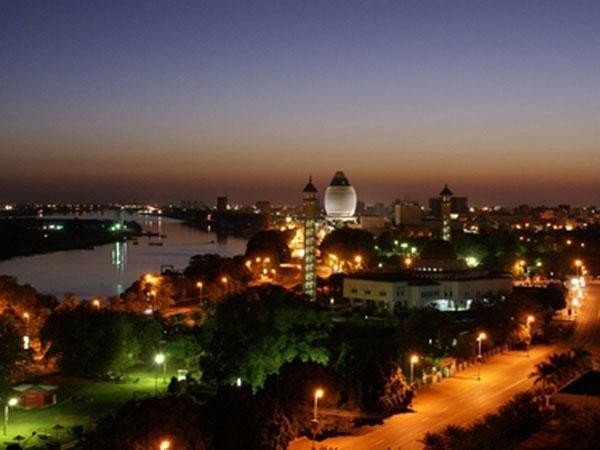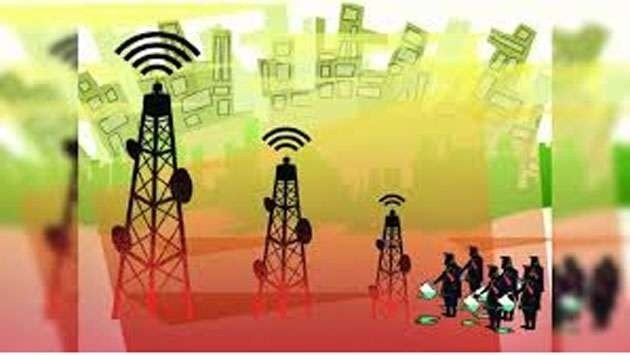Sudanese authorities implemented a block on WhatsApp voice and video calls starting Friday, 25 July, while allowing text messaging and group chats to continue. The Sudanese Telecommunications and Postal Regulatory Authority described the move as a “precautionary measure” to protect national stability and the country’s interests.
However, activists and digital rights groups have strongly criticized the ban. Journalists for Human Rights (JHR) Sudan called it a “blatant and direct violation” of internationally guaranteed rights, citing Sudan’s commitments under the International Covenant on Civil and Political Rights, the African Charter on Human and Peoples’ Rights, and the Declaration of Principles on Freedom of Expression in Africa—all ratified by Sudan.
While international law allows restrictions on rights in exceptional circumstances, JHR noted that the WhatsApp call ban does not meet those criteria.
The restriction affects civilians domestically and abroad—including refugees—who rely on WhatsApp for aid coordination, family communication, and locating missing persons amid over two years of conflict.
Some users may turn to VPNs, satellite services like Starlink, or foreign SIM cards to maintain connectivity, though these alternatives are costlier and more complex. The legal status of such workarounds remains unclear, as Sudan currently has no explicit law banning VPN use.















